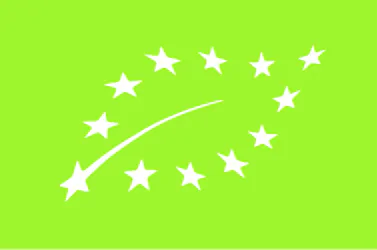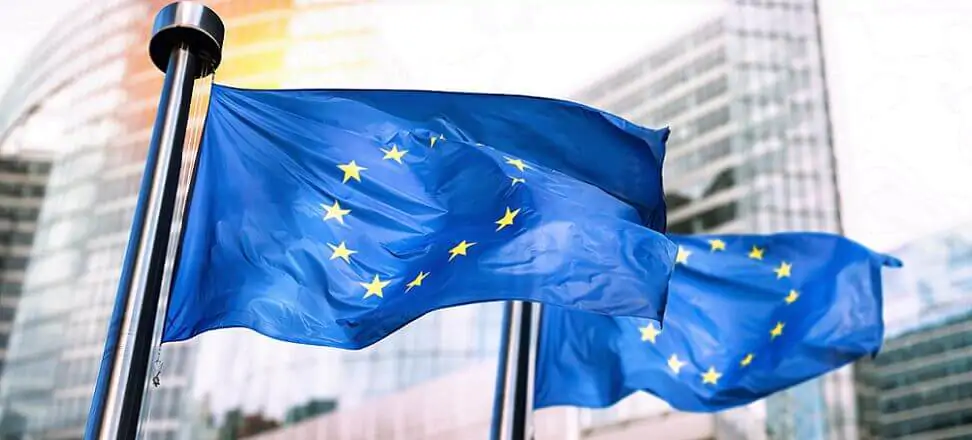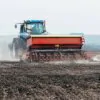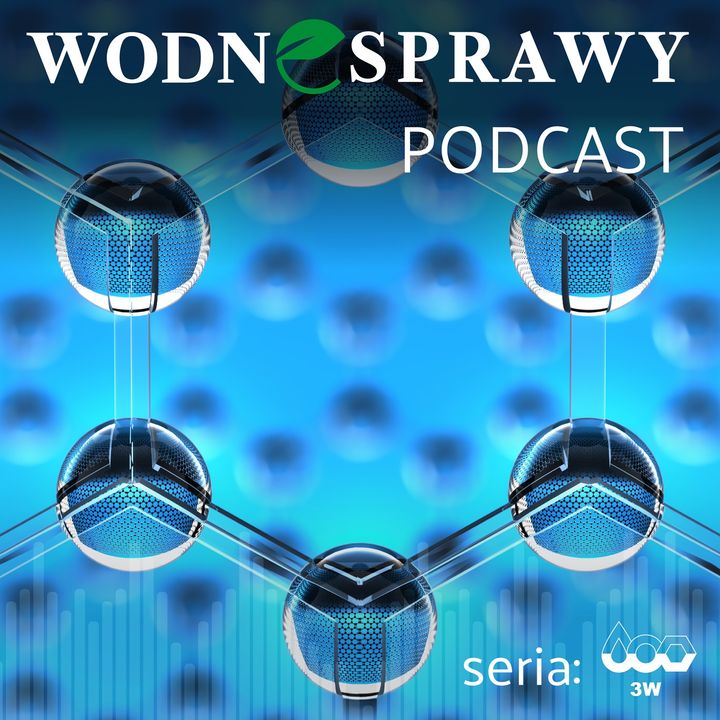From the European Commission, Issue 10/2024
EU organic production logo – versions that can be legally authorized for use
Organic production is a system of farm management and food production, combining practices that are most beneficial to the environment, climate, biodiversity, applying high standards of animal welfare, while responding to consumer demand for goods produced using natural methods. In the EU, such products are distinguished by an EU logo specially designed for this purpose.
Organic production, on the one hand, provides organic products to the market in response to consumer needs, and on the other hand, provides widely available goods, contributing to environmental protection and animal welfare, as well as to rural development. A draft delegated regulation is currently under consultation to indicate which versions of the EU organic production logo can be used so that consumers can recognize organic products that are appropriate and meet all standards.
The draft regulations clarify that a black-and-white version or a completely reversed black-and-white version (negative format) is allowed, but only if it is impractical to use the basic color model. The European Commission is now inviting all interested parties to submit opinions, comments, proposals by May 28, 2024. The feedback received will be posted on the European Commission ‘s website and will be taken into account in the development of the final form of this initiative.
Organic production in the European Union
Provisions of Regulation (EU) 2018/848 of the European Parliament and of the Council of May 30, 2018. on organic production and labeling of organic products and repealing Council Regulation (EC) No. 834/2007 established rules for organic production and related certification, as well as the use of indications referring to such production in labeling and advertising materials.
As a general rule, the following overall goals are pursued in organic production:
- Contributing to environmental and climate protection;
- Maintaining long-term soil fertility;
- Contributing to high levels of biodiversity;
- contributing to high standards of animal welfare and, in particular, to meeting species-specific behavioral needs;
- Encouraging short supply chains and local production in various areas of the European Union;
- To contribute to the development of the supply of plant genetic material adapted to the specific needs and goals of organic farming;
- Support the development of organic plant breeding to contribute to favorable economic prospects for the organic sector.
General principles of organic production
Organic production is a sustainable management system based on:
- Using energy and natural resources such as water, soil, organic matter and air in a responsible manner;
- respecting natural systems and cycles and maintaining and improving soil, water and air, plant and animal health and the balance between them;
- Protection of natural landscape elements, such as natural heritage sites;
- The production of a wide range of high-quality food and other agricultural and aquaculture products that meet consumer demand for goods produced using processes that do not pose a threat to the environment, human or plant health, or animal health and welfare;
- Ensuring integrity at all stages of organic production, processing and distribution of food and feed;
- Proper design and management of biological processes based on ecological systems and using natural resources;
- Reducing the use of external measures;
- adjusting the production process to the sanitary condition, regional differences in the ecological balance, climate, local conditions, the degree of development of farming practices;
- To exclude animal cloning, the breeding of artificially bred polyploid animals and ionizing radiation from the entire organic food chain;
- Ensuring a high level of animal welfare, taking into account species-specific needs.
In order for consumers to be able to recognize organic farming products, the EC has specified the appearance of logos and organic production codes in the regulations.
EC consults on changes to existing regulations relating to organic production logo
The delegated act currently being consulted, which amends Annex V (European Union organic production logos and codes) to Regulation (EU) 2018/848, will clarify the requirements for the version of the European Union organic production logo to ensure that a fully inverted black-and-white (negative) model can also be used.
EU organic production logo
Annex V to Regulation (EU) 2018/848 states that the reference color for the European Union organic production logo is green 50/0/100/0 in the CMYK process, No. 376 in the Pantone color palette and 169/201/56 in the RGB color model. The corresponding reference in the RGB color model, which uses three additive primary colors: red, green and blue, is used for digital purposes.

The consulted draft indicates that the European Union logo for organic production can also be used in black and white or in a completely reversed black and white version (negative format), but only if it is impractical to use the color model. If the logo is used on a background that reduces its visibility, an outer bounding line is used to provide contrast with the background.
The regulation will enter into force on the twentieth day after its publication in the Official Journal of the European Union, which is scheduled for the third quarter of 2024.

 Polski
Polski







